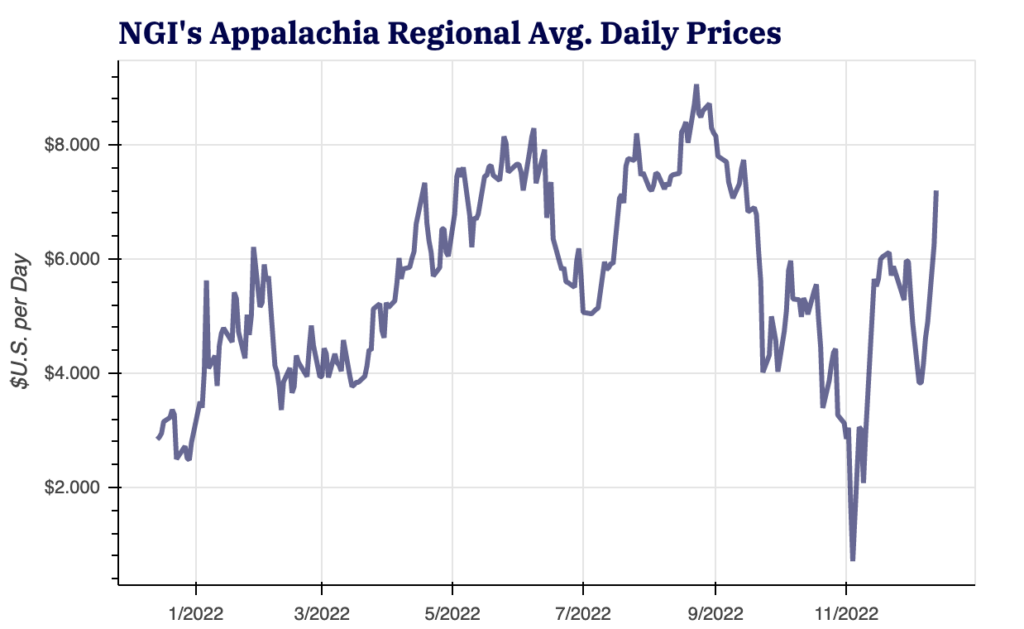E&P | Energy Transition | Marcellus | NGI All News Access | NGI The Weekly Gas Market Report | Regulatory | Utica Shale
Ohio Legislature Opens Door for E&P on State Lands, Stamps ‘Green Energy’ Label on Natural Gas
© 2024 Natural Gas Intelligence. All rights reserved.
ISSN © 2577-9877 | ISSN © 1532-1266 | ISSN © 2158-8023 |



